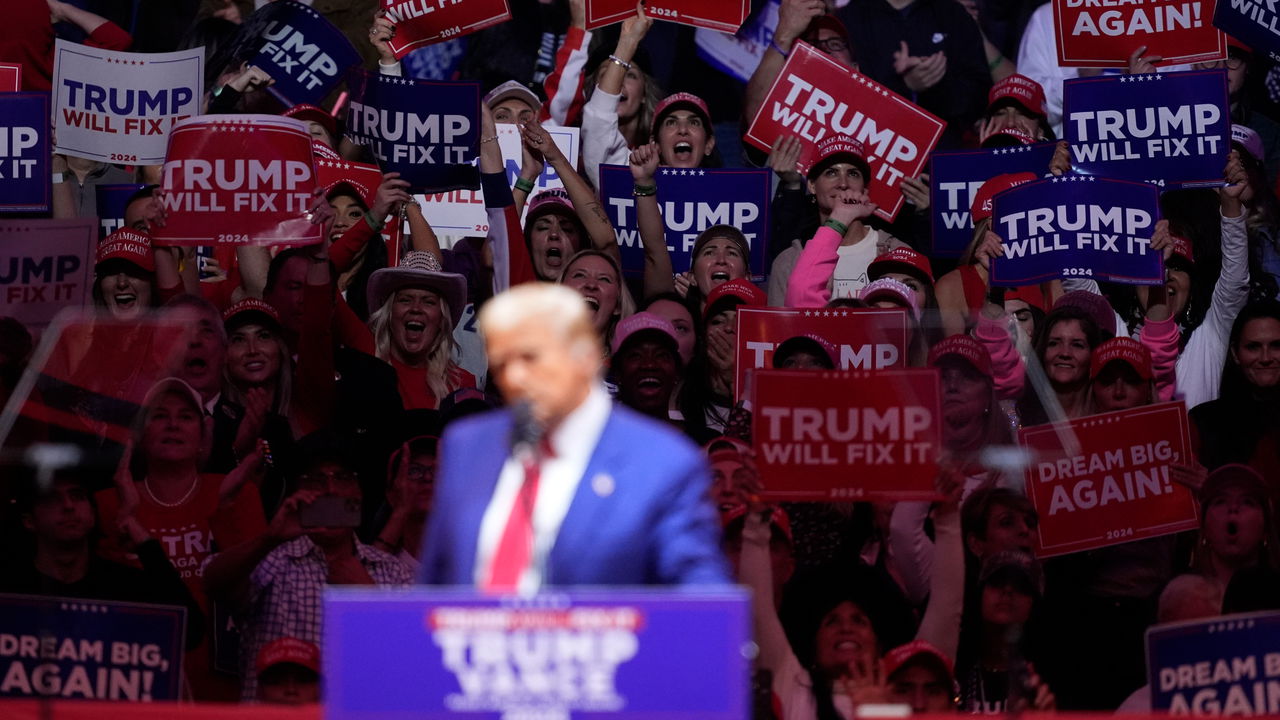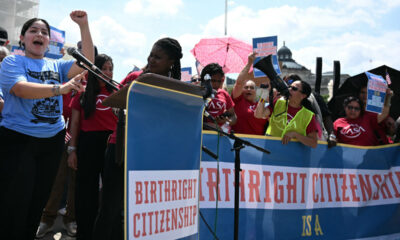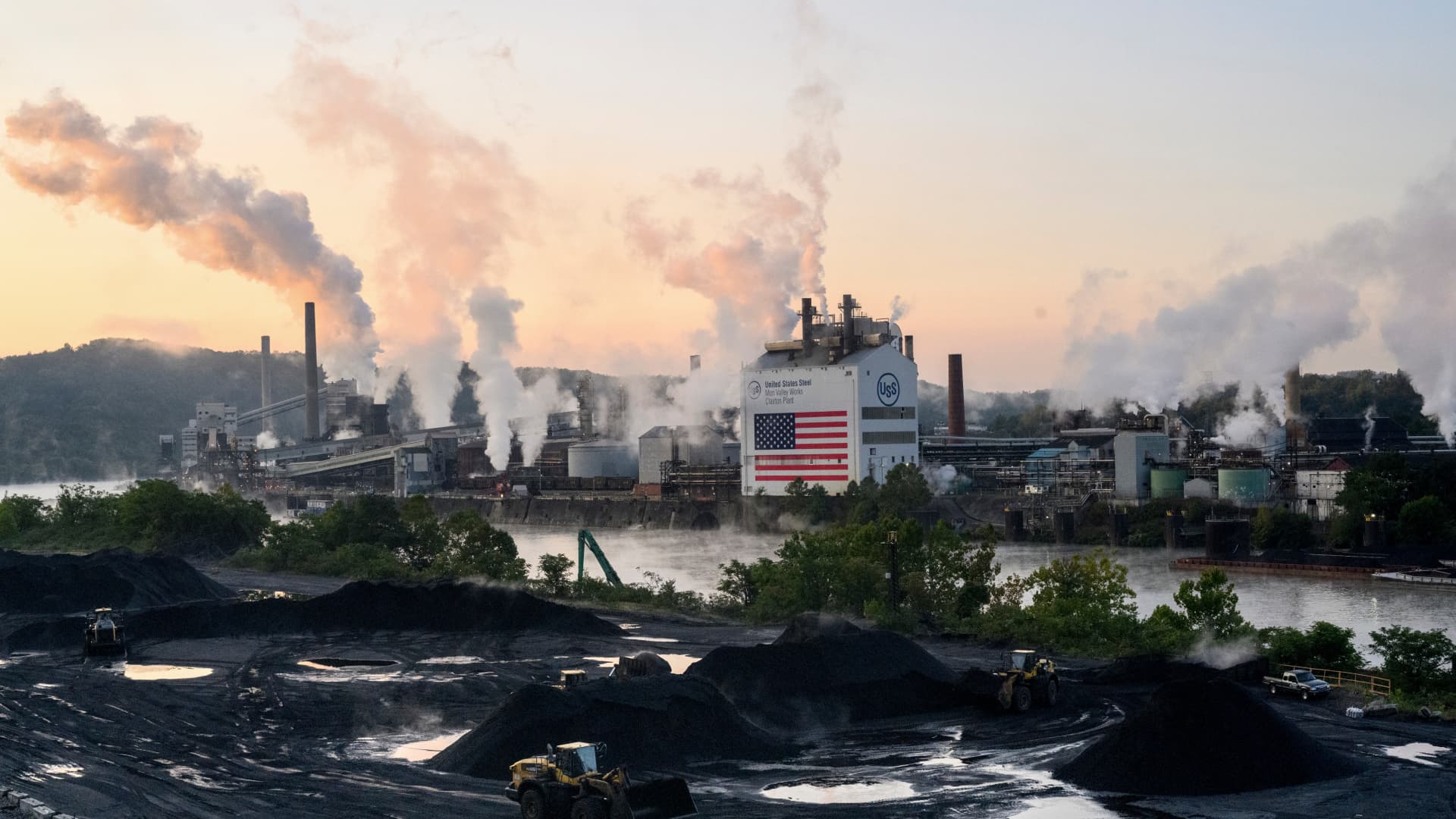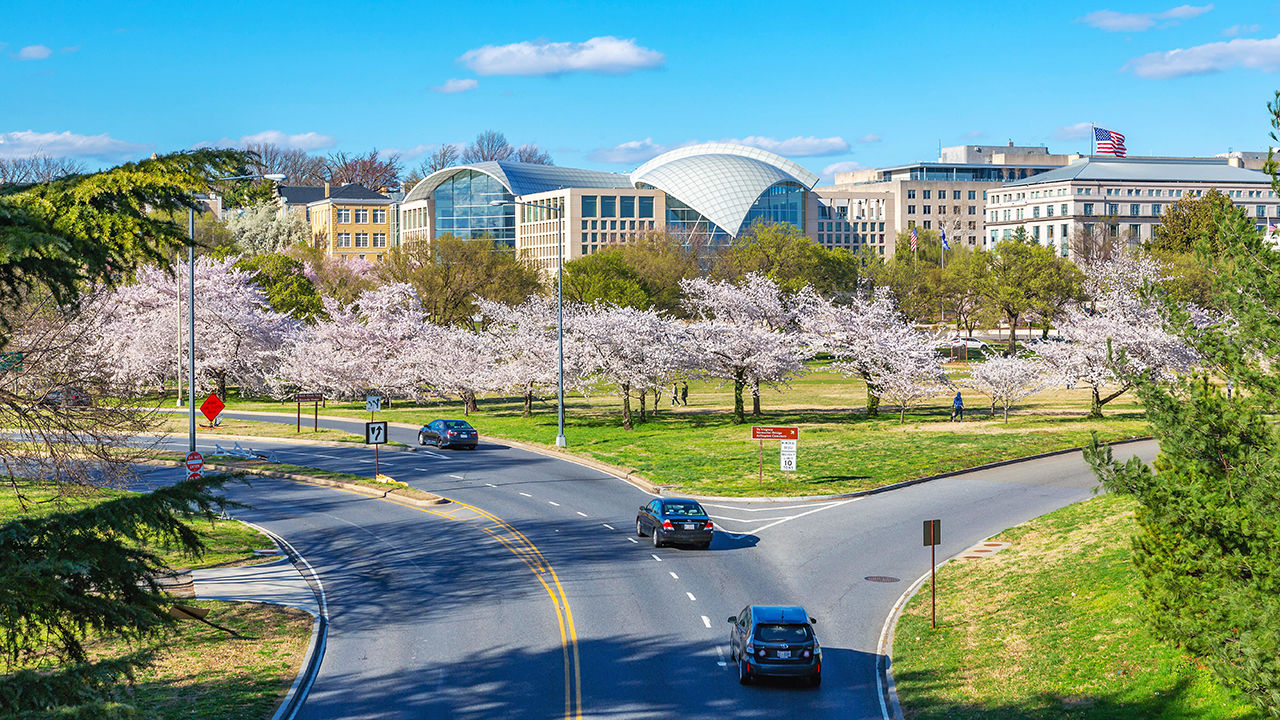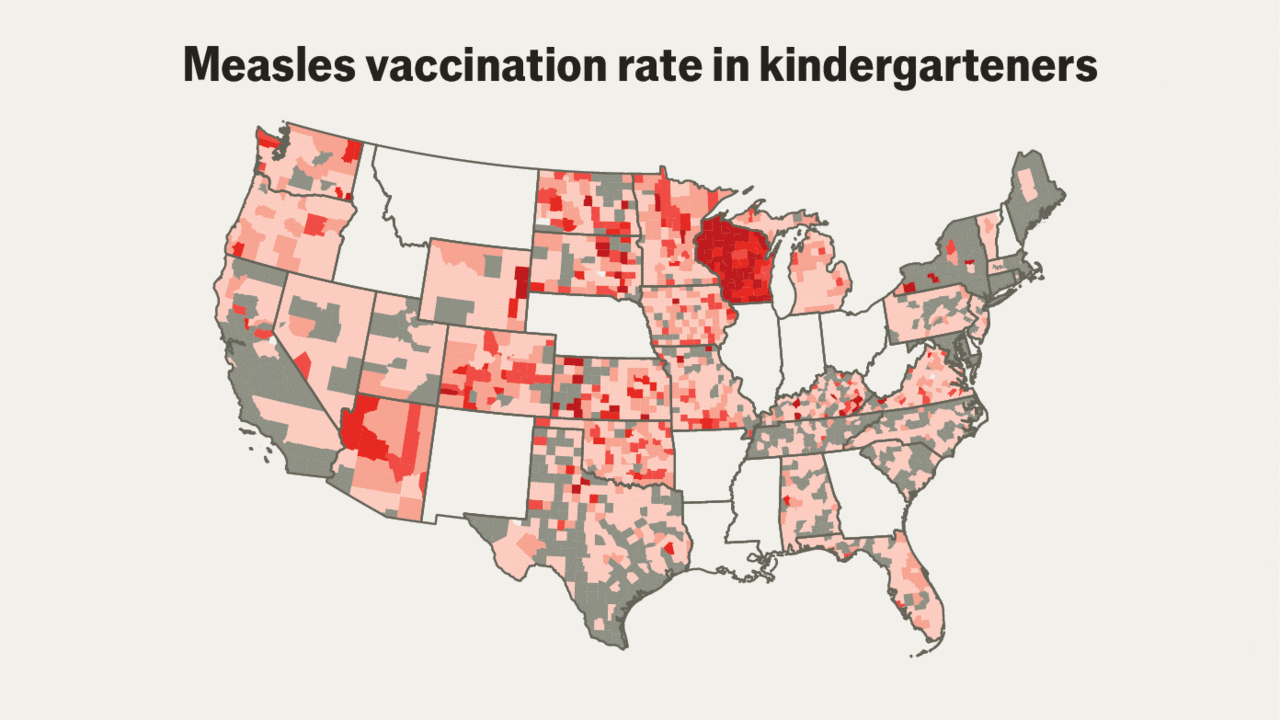More than five hours after his rally at Madison Square Garden began, Donald Trump walked slowly on stage. The arena was filled from floor to rafters with some 20,000 supporters, bathed in red and blue light. They had listened and cheered, bought hot dogs and taken selfies as more than two dozen others spoke. A comedian called Puerto Rico a “floating island of garbage”; Elon Musk awkwardly urged early voting and happily lapped up chants of “Elon!” But the main draw was, of course, Mr Trump himself, speaking at the famous arena in America’s biggest city, in the final days of what may be his final campaign. When Mr Trump appeared, at last, the crowd roared. He basked.
The Economist’s forecast model shows Mr Trump edging ahead of Kamala Harris, his Democratic rival. With just over one week until election day, some politicians might moderate their message. Mr Trump offered instead theatrics and defiance.
Whether that is a good thing depends on whom you ask. For the rally Mr Trump enlisted a childhood friend who wielded a crucifix while calling Ms Harris the Antichrist, as well as Stephen Miller, the designer of his first term’s immigration policy, who declared that “America is for Americans only.” Tucker Carlson, a television host, seemed to feed nuggets to conspiracy theorists, explaining that America’s leadership class hates Trump supporters so much that it “wants to replace them”. Mr Trump himself performed his customary dance of the underdog, casting himself as the besieged hero who would unleash “the four greatest years in the history of the USA.”
New York would seem an odd site for this spectacle. Contrary to the claims of the Garden’s megatron, New York is not Trump country, nor even close to being a swing state. But its discontented Republicans are a growing force, particularly in its suburbs. Arber Gjokaj, 19, grew up as a Democrat but plans to vote for Mr Trump. “He inspired me,” he says, and likes the former president’s authenticity. Jacqueline Guillen, a lawyer, worries about the city’s crime and the outsourcing of white-collar jobs.
As important, for Mr Trump’s purposes, New York is America’s biggest stage, his hometown, the city he loves and the centre of phenomena he loves to hate. New York’s surge of migrants allowed him and his surrogates to lambast Ms Harris about the border. Alina Habba, one of Mr Trump’s lawyers, danced on stage in a glittering MAGA jacket to decry New York’s supposedly unfair prosecutions of Mr Trump, the only so far that have yielded criminal convictions. Vying with prosecutors for MAGA-world’s least popular New Yorkers are its media—“a bunch of assholes”, according to one supporter. Mr Trump decried the fake news, as is his wont, and supporters turned toward the press section to jeer with glee.
But Mr Trump is trying to bend the city’s hostile forces into a friendlier form. His attempts to intimidate the media have become more belligerent, with threats to rescind licences from national television networks, including CBS and ABC. Even if he cannot do that, technically, his broader threats against the press seem to be having an effect. Last week the big papers in two other cities, the Washington Post and Los Angeles Times, announced they would not endorse presidential candidates, decisions directed by each publication’s owner.
As for his convictions in New York, Mr Trump has appealed against them and his supporters don’t seem to care anyway. “I’d rather support a felon than a jackass”, read one T-shirt. Mr Trump spoke to the arena for more than an hour. The next week will bring a frenzy of further campaigning. In the Garden he was home, adored and triumphant. ■

 Personal Finance1 week ago
Personal Finance1 week ago
 Economics1 week ago
Economics1 week ago
 Economics1 week ago
Economics1 week ago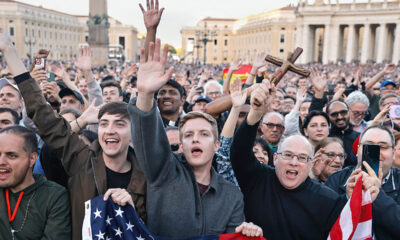
 Economics1 week ago
Economics1 week ago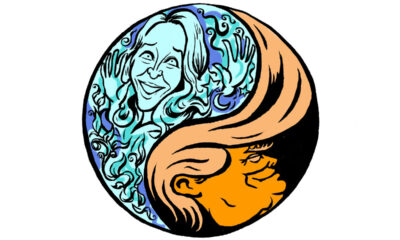
 Economics1 week ago
Economics1 week ago
 Blog Post6 days ago
Blog Post6 days ago
 Economics1 week ago
Economics1 week ago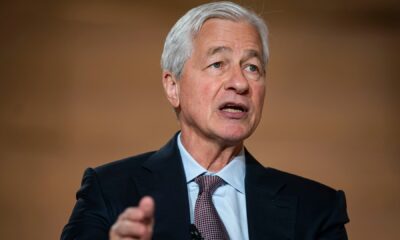
 Economics1 week ago
Economics1 week ago
